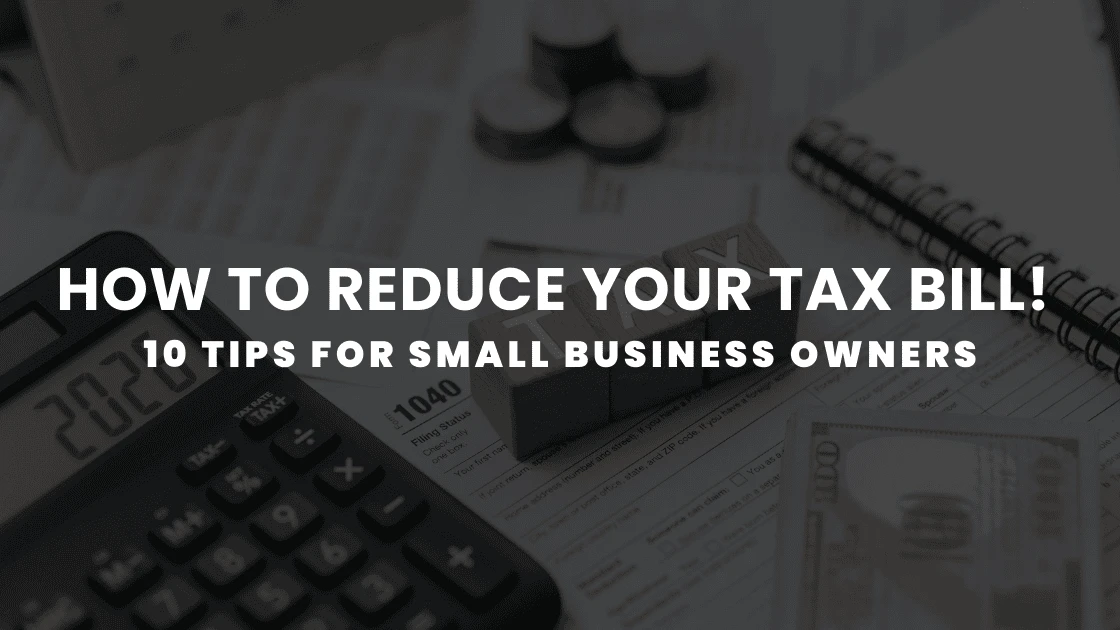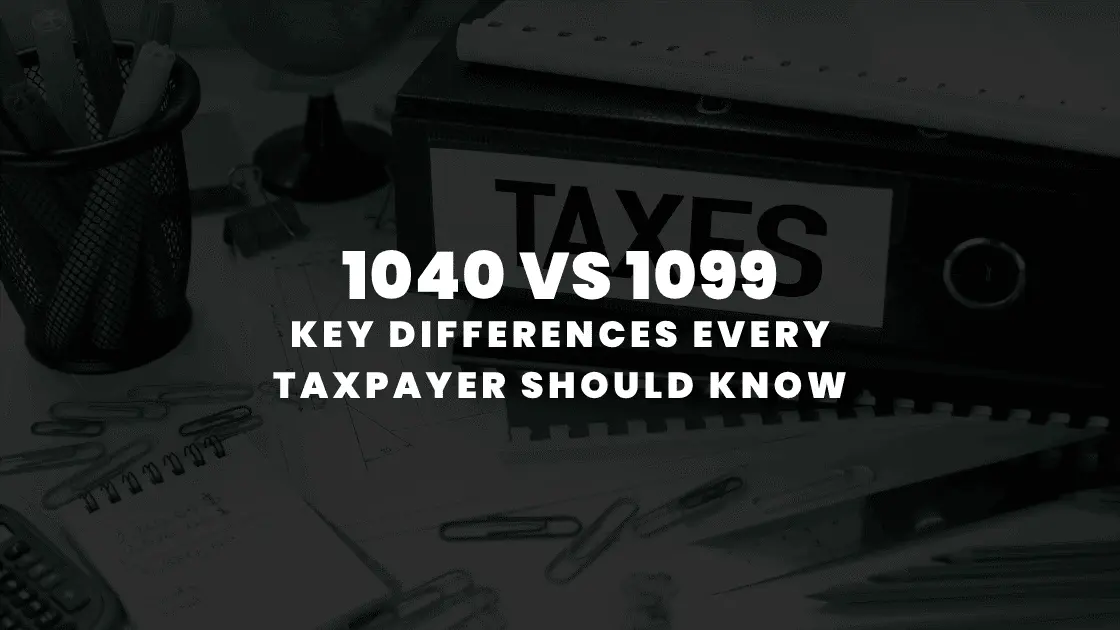October 21 2022 | By Farwah Jafri | 5 minutes Read

California houses about 4 million small businesses, which ultimately employ over 7 million people. Small enterprises have taken over the State of California, making up about 99.8% of all the businesses in California. They have transformed the economy of the golden state.
Contrary to the economic growth, California imposes higher income taxes compared to other states and also has a double taxation law for small businesses.
Corporate taxes in California are one of the many different taxes imposed in the state. Unlike the federal government, there is a double taxation method as well.
Double taxation means that the small business might be liable to pay personal as well as business taxes if the income is generated from a business that is a pass-through entity, such as a limited liability company (LLC) or an S corporation.
Business owners across the country recognize the fact that the income tax is genuinely more in California compared to the average across the country.
“Taxation is always a contentious issue in California,” said Rodney Yo, owner of a traffic school in the state. “I consider it an expensive place to do business.”
According to the Tax Foundation, the golden state has been ranked second to last in the country for overall business tax burden. Simply put, the cost of living is one of the highest in the nation, making it very difficult for new businesses to open.
The main types of taxes you will come across while operating a small business in California are corporate taxes, corporate alternative minimum tax (AMT), franchise tax, and state income tax.
You might be subjected to either one of these taxes or all of them simultaneously.
Let’s find out more about these taxes:
Limited liability companies (LLCs) and C corporations usually opt for a C corp option for taxation. The companies pay an 8.84% rate for corporate tax in California as long as they have a stable net taxable income. This rate is higher than the average corporate tax rate in the United States of America.
Many small business entities pay federal income tax but under California jurisdiction, they are subjected to pay franchise tax as well.
The pass-through businesses are subjected to pay franchise tax if they have not been taxed like C corporations or S corporations. Limited liability partnerships (LLPs) and limited partnerships (LPs), general partnerships, and sole proprietorships are not taxed for franchises under California’s law.
The franchise tax in California is a flat $800 for LPs & LLPs. The franchise tax of LLC is based on the net income. It can range anywhere from $800 for an LLC having a net income of less than $250,000 and go up to $11,790 for an LLC having a net income of more than $5 million.
For the S corp, the franchise tax ranges from $800 to 1.5 percent of the net income, whichever is more.
For the C corp, the minimum $800 fee applies for franchise tax. This is an additional tax to the corporate AMT.
If an LLC or a C corporation are not taxed under the standard tax system, they are required to calculate their income without any kind of credits and deductions.
According to the law, the new amount will be multiplied by the corporation AMT rate of 6.65%.
The corporate alternative minimum tax is based upon the AMT federal rules. It is a tax that generally prevents corporations from writing down their income in order to minimize their corporate tax.
All small business owners in California are liable to pay state income tax. This includes the sole proprietors, independent contractors, and other unincorporated businesses, along with the partners in a partnership or the shareholders in an S corporation.
California’s state income tax varies according to the tax bracket and filing status of the individual. It usually ranges between 1 – 12.3 percent.
Apart from the taxes mentioned above, the state of California also applies personal income tax on business owners in general partnerships, where the income is directly distributed to the partners. The same is the scenario for sole proprietorships.
Any miscellaneous or unreimbursed expense that a business incurs is counted as a business deduction.
Some of them are:
– Real estate taxes
– Insurance
– Specific type of medical expense
– Advertising
– Home office cost
– Legal fees
– Professional fees
The 2% rule in tax deduction is applied in California. It means that you can only start deducting an amount from your business expenses when the total exceeds 2% of the adjusted gross income (AGI). You can claim these deductions when you file your taxes but ensure that they are backed up with proper documentation.
Tax preparers and eligible business owners use the e-filing system of FTB, known as CalFile, to file and pay taxes in California.
You need to register a MyFTB account to start using CalFile. The state of California recommends using the e-filing system as it ensures the “fastest refund possible.”
California is a wealthy state, but the taxation system is brutal. It has services, wages, and cost of goods higher than other states of America. Business operations need more money because of the expenses; therefore, the taxation is more.
The corporate taxes in California and other taxes make it difficult for a small business to operate and compete in the market as the business’s overheads are already very high.
All this makes California a high-tax state having some of the steepest personal income and corporate tax rates in the United States of America.
See Also: How To File Taxes For An LLC In The U.S
Subscribe for business tips, tax updates, financial fundamentals and more.
MORE BLOGS

Running a small business means every dollar matters. You work hard to earn revenue, manage expenses, and grow steadily, yet tax time often feels like money […]
Learn More →
Tax season can be overwhelming, especially when you’re staring at multiple forms with numbers instead of names. Two of the most common, and often misunderstood, are […]
Learn More →
Working extra hours can feel rewarding, after all you’re putting in more time, showing dedication, and earning more money. But when you look at your paycheck, […]
Learn More →